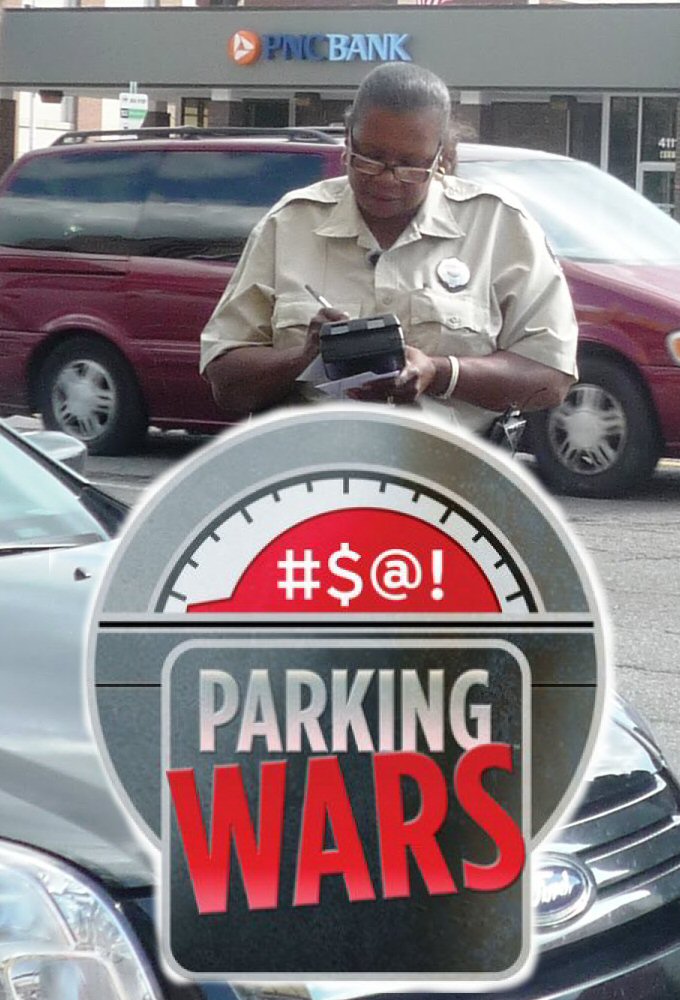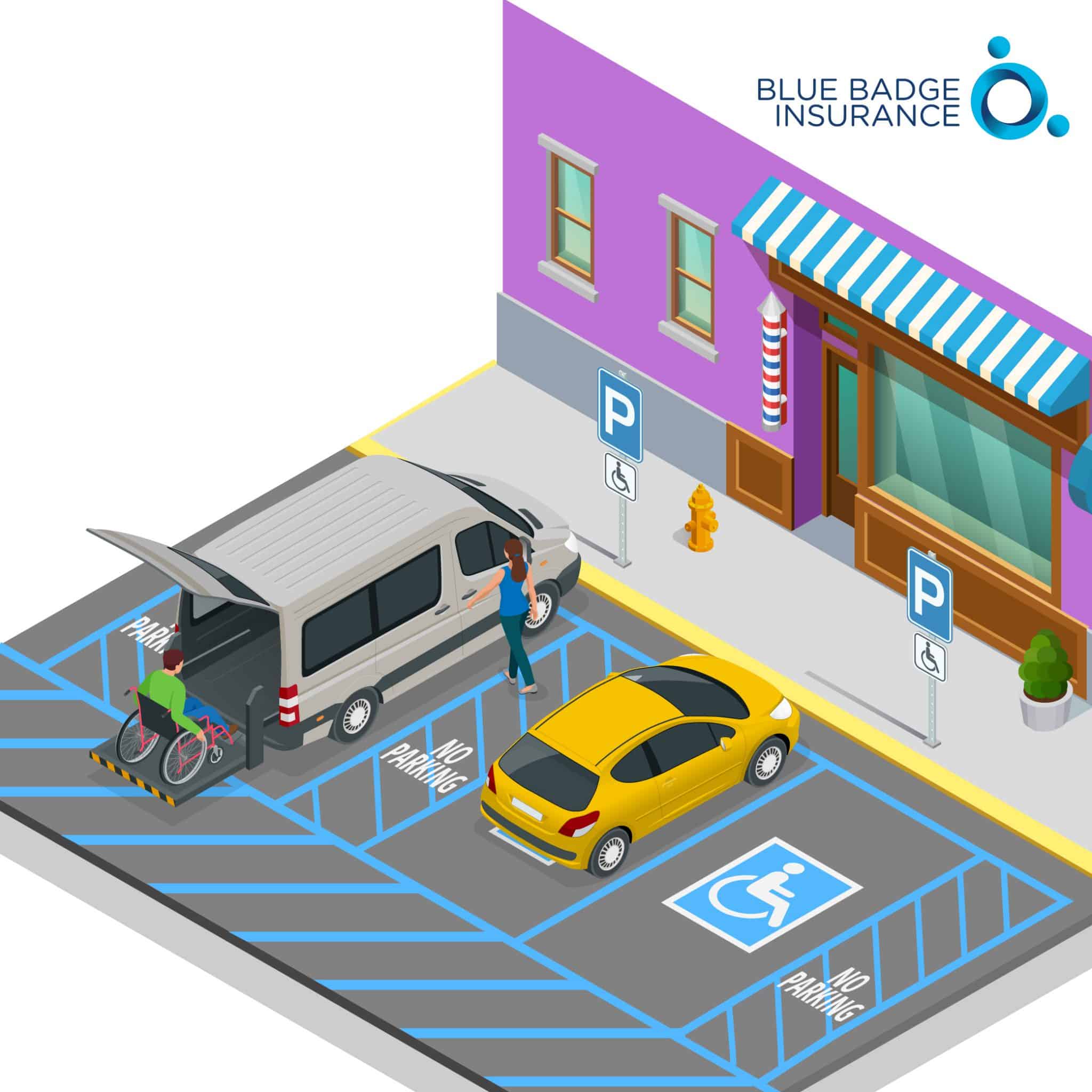Parking Wars: Why Accessible Parking Matters More Than You Think

Let’s face it, finding a decent parking spot is a daily struggle. We’ve all been there, circling the block like vultures, praying for a miracle. But for some folks, the struggle is even more real. They’re not just looking for any parking space, they need accessible parking. And it’s not just about convenience, it’s about basic human dignity and independence.
This article dives into the world of accessible parking, explaining why it’s so important, why we need to respect these spaces, and why we all have a role to play in making sure they’re available for those who need them.
Related Articles: Parking Wars: Why Accessible Parking Matters More Than You Think
- Park Your Wallet, Not Your Car: Affordable Parking In Georgia
- Navigating Phoenix Downtown Parking: A Comprehensive Guide For Visitors And Residents
- Alabama’s Electric Revolution: A Guide To EV Charging In The Yellowhammer State
- Navigating The Parking Maze: Understanding Different Parking Zone Classifications In Arkansas
- Comparison Of Public Vs. Private Parking Options In ArkansasTitle
Beyond the Curb: Understanding the Need
Imagine this: you’re rushing to a doctor’s appointment, feeling stressed and anxious already. You arrive at the parking lot, but the closest spots are all taken. You’re forced to park a good distance away, dragging yourself and your heavy equipment across the lot, battling the elements and your own physical limitations. This isn’t just a minor inconvenience, it’s a daily reality for millions of people with disabilities.
Accessible parking spaces are designed to provide a safe and convenient way for people with disabilities to access buildings and services. These spaces are usually located closer to entrances, ensuring a shorter walk, which can be a huge relief for folks with mobility issues, vision impairments, or other conditions.
Not Just for Wheelchairs: Who Benefits from Accessible Parking?
It’s easy to think of accessible parking as solely for those using wheelchairs, but the reality is much broader. People with a wide range of disabilities benefit from these spaces, including:
- People with mobility impairments: This includes individuals with arthritis, cerebral palsy, multiple sclerosis, or other conditions that affect their ability to walk long distances.
- People with vision impairments: Navigating a crowded parking lot can be a real challenge for someone with limited or no vision. Accessible parking spaces, often located near well-lit areas, can make a world of difference.
- People with cognitive disabilities: Some individuals may have difficulty processing information or navigating unfamiliar spaces. Accessible parking spaces can provide a familiar and safe starting point for their journey.
- People with temporary disabilities: Think of someone recovering from surgery, a pregnant woman with limited mobility, or someone with a broken leg. They may need accessible parking for a short period of time.

The Legal Side: Why It’s Not Okay to Park in Accessible Spaces
Accessible parking isn’t just a nice gesture, it’s the law. The Americans with Disabilities Act (ADA) mandates that businesses and organizations provide accessible parking spaces for people with disabilities. There are strict regulations regarding the size and location of these spaces, as well as the type of signage used.

Parking in an accessible space without a valid disability placard or license plate is a serious offense. It’s not just about the ticket, it’s about denying someone with a disability the access they need.
More Than Just a Space: A Symbol of Inclusion
Accessible parking spaces are more than just spots on a parking lot. They’re a symbol of inclusion and accessibility. They send a powerful message that our society values the needs of all individuals, regardless of their physical abilities.
Respecting the Spaces: It’s a Shared Responsibility
Here’s the thing: we all have a role to play in making sure accessible parking spaces are available for those who need them. It’s not just about the law, it’s about basic human decency.

Here’s how we can all do our part:
- Don’t park in accessible spaces unless you have a valid disability placard or license plate. This might seem obvious, but you’d be surprised how many people think they can get away with it.
- Be aware of the signs. Accessible parking spaces are clearly marked with blue signs with the international symbol of accessibility. Pay attention and make sure you’re not blocking these spaces.
- Be patient. If you see someone struggling to get out of their car, offer assistance. A little bit of kindness can go a long way.
- Speak up. If you see someone parking illegally in an accessible space, don’t be afraid to say something. You can politely point out the error or contact the parking enforcement authorities.
Beyond Parking: Creating a More Inclusive World
Accessible parking is just one piece of the puzzle when it comes to creating a more inclusive society. We need to think beyond parking lots and consider the broader picture.
This means:
- Making public transportation accessible: Ensuring that buses, trains, and other forms of public transportation are accessible to people with disabilities.
- Promoting accessible design in buildings: Designing buildings and facilities that are easy for everyone to navigate, regardless of their physical abilities.
- Raising awareness about disability issues: Educating ourselves and others about the challenges faced by people with disabilities, fostering empathy and understanding.
FAQs: Clearing Up the Confusion
Q: What if I have a temporary disability? Can I park in an accessible space?
A: If you have a temporary disability, you can apply for a temporary disability placard from your local Department of Motor Vehicles. This will allow you to legally park in accessible spaces.
Q: What if I see someone parking illegally in an accessible space? What should I do?
A: If you see someone parking illegally in an accessible space, you can politely point out the error or contact the parking enforcement authorities. You can also take photos of the vehicle and the license plate, and report the incident to the relevant authorities.
Q: What are some common misconceptions about accessible parking?
A: One common misconception is that only people using wheelchairs need accessible parking. As we discussed earlier, many other people with disabilities benefit from these spaces. Another misconception is that accessible parking is just about convenience. While it is certainly convenient, it’s also about ensuring that people with disabilities have equal access to services and opportunities.
Conclusion: A Call to Action
Accessible parking is a vital part of creating a society that truly embraces everyone. It’s not just about the spaces themselves, it’s about the message they send about our values and our commitment to inclusion. Let’s all do our part to ensure that these spaces are available for those who need them, and let’s work towards a world where everyone can participate fully and equally.

Closure
Thus, we hope this article has provided valuable insights into Parking Wars: Why Accessible Parking Matters More Than You Think. We hope you find this article informative and beneficial. See you in our next article!



